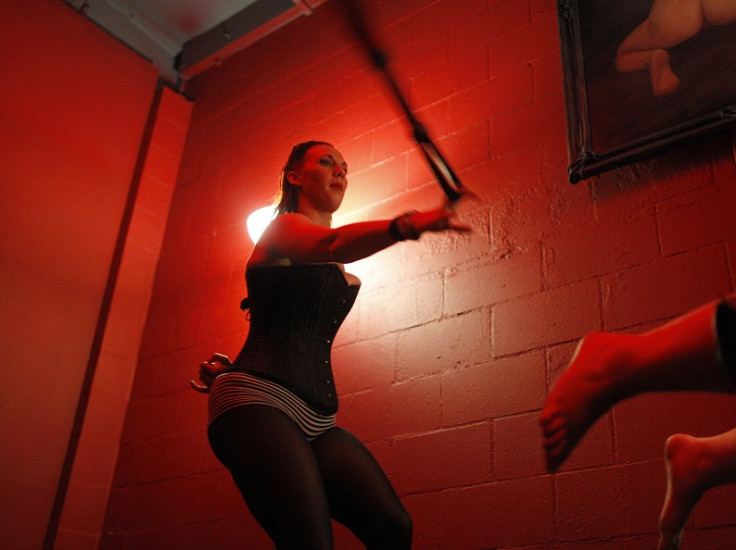Face-sitting porn protest: Government's skewed moral compass denies female sexual pleasure

In an act of defiance against the misguided state censorship of British pornography, hundreds of activists will descend on London to sit on each other's faces today. While a far cry from the sombre Suffragettes rally in Hyde Park a century ago, the protesters are challenging another infringement on women's rights – the right to sexual pleasure.
Just when it seems society is stepping up its efforts to achieve gender equality, it seems a group of middle-aged suits pound their fists on the table.
Earlier this month, the British Board of Film Censors banned a variety of sex acts in pornography as part of an amendment to the 2003 Communications Act. From now on, a man can ejaculate all over his partner's face, backside, feet – you name it. But female ejaculation is out of the question, which is why demonstrators are singing Monty Python's Sit On My Face.
The new rules regulating the UK porn industry, the appropriately dull Audiovisual Media Services Regulations 2014, restrict the content of pornography made and sold within Britain. Aggressive whipping, humiliation, strangulation and urolagnia – toilet sex – are all included in the list of banned acts in video-on-demand porn. "Gentle" spanking and caning is fine, but "aggressive" is not and it is unclear exactly where the government makes this distinction.
More significantly, most of the acts facing censorship depict female pleasure. They might not be everybody's cup of tea but the practices outlawed put the woman firmly in control – something to be celebrated in an overwhelmingly male-dominated industry.
Banning female ejaculation, on the basis that we don't know what is it exactly, is absurd and arbitrary. It suggests women's sexual pleasure is so vulgar that its exposure threatens society, while on the other hand, however, the bukkake act – when a group of men climax over a woman – is deemed perfectly acceptable.
Strangulation, face-sitting and fisting have been lumped together by the BBFC as "life-endangering", but there is no distinction between consensual and non-consensual practices between adults. With such discrepancy, the government appears to be legislating its own moral judgments on what is deemed acceptable in British society. Some of the acts being censored are popular in LGBT, BDSM and feminist-dominatrix pornography, and participants say they pose no harm to consenting adults.
There appears to be little reasoning behind why each act has been banned, bar the government's skewed moral compass. The prohibition of penetration by any object "associated with violence" is ambiguous to say the least, while physical restraint – also on the black list – is increasingly mainstream.
EL James' Fifty Shades Of Grey, which frequently depicts scenes of submission, has sold over 100 million copies worldwide and set a record in the UK as the fastest-selling paperback of all time. The sale of handcuffs and rope have also soared.
Regulators say the restrictions are a method of protecting children from "harmful material". But what about the free, non-regulated content online, produced in countries with no such restrictions? The rules have no impact on this content, which is freely available.
According to obscenity law expert Myles Jackman in the Independent, some have claimed the legislation is a move towards restricting access to "undesirable" foreign websites – a move with momentous repercussions for the freedom of information online.
Whether you agree with pornography or enjoy BDSM is irrelevant. Censoring sexual acts with no reasonable explanation and no regard for consenting adults is wrong, particularly when the restrictions are gender-biased.
© Copyright IBTimes 2024. All rights reserved.






